The Things I Feared Most To Write
The Time has Come to Explore the Subjects I Sought to Avoid
Last July, as you recall, I was dying. I was in a soulless corporate hospital, trying and failing to recover from emergency surgery. Some of my vital organs had become ‘septic’; raging with infection. I was fading.
I had been denied food and water for five days; I had been told by a plethora of oddly detached nurses, who spoke without expression, that I would soon be on a respirator. Unable to muster the will to fight much longer, I asked God to please give me more time.
My doctor, spurred to intervene by my husband who urged him in that inimitable way that Brian has that has been honed in so many conflict areas, drove nearly an hour to secure for me the long-delayed procedure that ultimately did retrieve my life from the very maw of death.
And then I was able to go home; able slowly to mend; to look at the sun; to put my bare feet every day on soft green moss at the base of an old tree; to sleep and wake and sleep again, and to thank God that I would receive — more life.
But I did make a promise then that I have not kept. Every day I don’t keep it, and I know that I haven’t kept it. That promise was to write down and share with you the things that I know are my task to write, but about which I do not wish to write.
*****
Two weeks ago, I walked into a nineteenth-century church in Taos, New Mexico: San Geronimo de Pueblo. The church is in the heart of the Taos Pueblo, a Native American village in high desert that is peacefully surrounded by a time that is not our time.
Three-story adobe structures, connected by ladders, shelter the inhabitants and visitors in the green-gold valley. A little singing stream runs at the foot of the sacred mountain.
The adobe structures in that valley had been there since the 12th century. The Pueblo, or Anasazi, people had been there for a millennium; so had their language, Tiwa; and the stories of their Red Willow culture, and the culture itself.
The Pueblo view of God and of surrounding “kachin” or “katina” — the hundreds of lesser animated spirits who intervene between God and humans — is a knowledge system older than the printed books of the West.
In the San Geronimo de Pueblo church, one could see the newer narratives, brought to the region, often by force, by Spanish missionaries from the 16th century on. Jesus, Mary and Joseph are now entwined with ancient Pueblo beliefs and mythologies. Though indigenous Pueblo and Spanish Catholic civilizations have battled here for centuries — the Pueblo actually drove the Spanish out of this region for twelve years, from 1680-1692, in the only successful Native uprising against a colonial power in North America — the two cultures had now intertwined in some ways, like parallel vines.
In the church, photos are not permitted. Almost two centuries of sanctity accrued in the dark, cool interior like clear water in an icy stream.
And there was Mary. She stood at the forefront of the altar, recreated in Indian guise; figured as a Red Willow woman. Her image was simply but lovingly hewn from wood that was painted and dressed in clothing. Mary wore a serape-type garment, and she had rose-hued skirts.
A guide blog notes: “[e]ven the church, built in 1850, is a mixture of Catholicism and native religious beliefs. If you look closely at the photo of the inside of the San Geronimo Church, you will notice the statue over the altar is not Jesus Christ but the Corn Maiden, to some, or the Virgin Mary whom the Puebloans equate with Mother Earth. Corn is central to the Puebloan religion and culture and symbolizes life and fertility. The Corn maiden/Virgin Mary takes central stage and you will find Jesus Christ over to the side.”
On the plaster walls behind her — you can just make these out in the image above - are painted depictions of baskets overflowing with “the three sisters”: ears of corn; generous orange pumpkins and green squash; and heart-leaved trellises bearing beans. Standing ears of corn, and bean trellises, also adorn the niches in which she and the other sacred figures appear.
This was the eternal mother, both sublime and down-to-earth, gazing calmly back at the worshippers.
I sat quietly on a rough wooden pew; as always, I expected, just an observer — Jewish me, simply taking it all in. Me, no dog in this fight, being a tourist; contemplating a beautiful, protected historical site.
And yet, unmistakably, into the depth of my resting awareness came her voice.
She asked me, in a bell-like tone, but unrelentingly, and without equivocation:
“Why aren’t you helping me?”
I didn’t have an answer for her, because I knew that I have been evading my task.
*****
Today, back in Brooklyn, I decided on the spur of the moment to stop into a neighborhood church. (For the record, I am not ‘a Christian’, which I will explain in subsequent essays. I’ll go hang out with God anywhere).
I had entered late; the service was about to conclude.
I was in a modern, well-lit, spacious mauve-painted auditorium, filled almost entirely with worshippers from the Caribbean. There was a live band onstage to the left of the pastor, and flower arrangements at the foot of her podium. The energy in the crowd was uplifted and electric.
At the front of the altar, to my delight, were eight or nine families, dressed formally, that had all brought their babies to be blessed, or perhaps to be baptized. The female pastor held up each beautifully dressed baby in turn, and then held the baby close to her face. She spoke some words of hope for that baby’s future. As she spoke of God’s plans for each baby, the infants looked surprised, being raised up high by a stranger, above a populous congregation; but they remained very peaceful and still; they did not squirm or cry.
The pastor expressed wishes that the baby — she called each one by name — would be a blessing to others, and would walk with God; and that the parents would have divine guidance in raising the child. As I watched this, I thought: Satan had not yet won. The babies were still being born, and they and their families were still being blessed.
As I began to think about what was next to do in my day — none of the items of which including writing this essay — the pastor gave each baby back to his or her family group, and then went into her sermon.
I was taken aback.
“It does not matter if you feel you are up to the task. You have an assignment,” she declared.
“You have an assignment. You must do it. You do not have to be perfect. God knows you are im-perfect.” She drew the word out with relish, almost enjoying the humor in her message. “Just begin the task. Don’t worry about being perfect.” She added: “God knows how the project is supposed to unfold.”
What the pastor was describing was literally how I had been procrastinating: being afraid of making mistakes in writing these essays; being afraid of offending people, both Christian and Jewish; maybe others too; losing credibility and (human) support. I had been delaying my start day after day until I had figured it all out — a subject, or set of subjects, that was ineffable and inexplicable — perfectly.
My eyes started to fill. I felt thoroughly called out, but with love.
An elderly woman was seated next to me. Her smile had been radiant as she had listened to the sermon. Now she turned to me. “You are very welcome,” she said. She no doubt saw that I was tearing up. She opened her arms and hugged me.
So — I get it. Duly noted.
I am showing up for my assignment, and I am sorry for the delay.
I will try to write, in the next few essays, what I have long dreaded writing.
*****
My dread of writing these essays to follow, is due to many reasons that you can imagine.
It is so safe to stay on the solid, credentialed, post-Enlightenment bus. I am a CEO of a growing company. I am helping to bring out a book that incorporates important science about a public health catastrophe. I have a lot of degrees. There is a great deal to risk reputationally from my stepping off, even in just some essays, from the post-enlightenment-hermeneutics bus (though I should know by now that reputations can be killed off and yet still not die).
But does that well-travelled bus even have a destination any longer? Does the world in which that destination was once familiar, even exist any more?
Even as we are looking at what seem to be materially-explained, post-Enlightenment news events and cultural situations, are we not also looking at events that are spinning like meteors from somewhere else; that is, from some more clearly moral or archetypal universe, into our lowly, more chaotic dimension; events that look like naked Fate and sometimes like sheer Karma, and at other times, like pure miracles?
As much as we think we are just scrolling through X and Substack, and touching base with friends, and watching the news, picking up groceries, getting on and off subways, and gazing with sadness at loved ones after having had useless conversations, are we not also witnesses to and often participants in what has now become an obvious, massive battle between meta-dimensional Good and Evil?
Does this battle not seem at times to have descended upon our realms from the Heavenly hosts in the Hebrew Kingdom of the Sky, or straight down from the Immortals on Mount Olympus?
Does it not seem at times as if otherworldly forces have fallen, raging, onto our poor planet, to wrestle it out here on Earth?
What we are witnessing is the stuff of Hebrew and of Greek mythology, not of everyday modern news. This is not a normal day with the Sunday Times.
This is the kind of history we read when we read of the Israelite prophetess Deborah and of the Hebrew tribal leader and Judge Barak, out-numbered; and of their arch-enemy Sisera, who opposed the re-establishment of the tribes of Israel in Judaea; who died with a stake through his skull at the hands of a woman in a tent, of whom he had asked a drink of water (Judges 4-5). This is more like the story of Gideon, who as a young man destroyed the altar of Ba’al (Judges 6-8), and then went on to destroy the Israelites’ enemy the Midianites, accompanied with only a few hundred men:
“14 The Lord turned to him and said, “Go in the strength you have and save Israel out of Midian’s hand. Am I not sending you?”
15 “Pardon me, my lord,” Gideon replied, “but how can I save Israel? My clan is the weakest in Manasseh, and I am the least in my family.”
16 The Lord answered, “I will be with you, and you will strike down all the Midianites, leaving none alive.”’
I am not literally comparing any one candidate or human leader to a Biblical or classical hero. I am just saying that things are getting archetypally weird out there. The motion of history all around us, now, reads more like myth and fable than it does like the random, rational human unfolding of prior history even in our own lifetimes.
A Presidential candidate was targeted to be murdered, by the greatest powers on Earth. Instead, he turned his head at the last minute, and the bullet glanced his ear. This is the stuff of the story of Herakles, whom the most powerful Gods on Olympus kept trying, to no avail, to murder. Then the ruler whose family appears to have engineered at least some of the most serious crimes of our times, was deposed in a palace coup. This reads like a parable of moral inevitability related to dynasties, like the downfall of Oedipus, King of Thebes. Then the former President’s plane had mechanical trouble and did not crash. Then his Vice Presidential pick’s plane had a door malfunction in the air — “MayDay! MayDay!” — and did not crash.
Then one of his opponents, the descendant of a father and uncle who were both murdered at the height of their powers, upended the entire chessboard to join forces with the man who did not die.
Then that descendant of murdered men, the former President’s former opponent, was designated eventually to be placed in charge of investigating assassinations.
You can go back to your college notes for the definition of “dramatic irony”, and think of Odysseus, still in disguise as a beggar, surrounded by destructive suitors, and yet steadily regaining his house and his power.
If I put all of this in a novel, my editor would send it back as being both implausible, and overtly lifted from the famous sacred texts, great tragedies, and classical dramas.
As Paul Simon would say — these are the days of miracles and wonder.
*****
What I have to say to you in these next few essays is complex. I will simply trust you, my dear readers, and take you through my thinking, essay by essay. I shall write about these themes in a connected series.
The headlines of the next few linked essays are:
1/ Does magic turns out to be real? I believe now that the answer is yes. What happened at the Olympics? Why? Why was there an abortion van in the parking lot of the DNC? Why was Michael Aquino, a high-ranking army officer tasked with investigating psychological manipulation, part of a circle, accused of the sexual abuse of children in San Francisco in the 1980s, that worshipped the Egyptian god Set?
Why is there an inversion of sacred symbology, everywhere you look these days? In his long, detailed self-justifying apologia, Extreme Prejudice: The Presidio ‘Satanic Abuse’ Scam, Aquino explains why: Satanists invert sacred symbology in order to upend the power of the sacred and to dissolve the force field of its blessing.
In this forthcoming essay, I will pick up where I left off with my earlier essay “Have the Ancient Gods Returned?” I will make the case that we have to face the fact that open occult rituals appear to be enacted now by many of our elites, and that this may go beyond fashion statements and aesthetics, to a lineage of occult practices that extends back at least a century. (I won’t look further back in history because I want to stay grounded in what we know and can prove).
I’ll explore the magisterial biography by R F Foster of the poet William Butler Yeats, W. B. Yeats: A Life I: The Apprentice Mage, 1865-1914. It reveals a much more detailed description than I had ever read before, of Yeats’ activities in the Hermetic Order of the Golden Dawn — an occult society in which he, the actress/revolutionary Maud Gonne, and others, participated at the end of the 19th century and the beginning of the 20th. (The teachings of this Order descended to occultist and magician Alastair Crowley and became the foundation of modern Wicca).
Poet and “Mage” W B Yeats:
Foster’s biography reveals that the poet and his colleagues were engaged in what they saw as “white magic”, and were wary of devolving their activities into “black magic.” Yeats actually describes the mechanism of how the magical rituals he performed, affected reality, and specifically, blocked prayer.
I’ll elucidate that passage from Yeats’ notes, as it explains so much of the spectacle that we see around us. Thoughts, in short, in his and the Hermetic Order of the Golden Dawn’s philosophy, affect material reality; and thus, ritualized and enacted group thoughts directed at collective consciousness, do affect the stream of collective consciousness out of which collective reality — history and power relations — emerges.
2/ Was the knowledge of magic, and of blessings and curses, and of metaphysical manifestations, both good and evil, erased from our culture deliberately at the end of the 19th century?
Was this accomplished by the same kind of people who set up some of the least empowering aspects of the 20th century world that we inherit now? Does that possibly systematic erasure (and I will present evidence for this) prefigure the systematic erasure of knowledge, stories, events, personalities and memory that we are experiencing and witnessing all around us today?
Does historical knowledge get systematically erased, on purpose, from time to time? Interest in magic, and in the metaphysical, the paranormal and in evidence of life after death, was intense in Britain and America throughout the 19th century, culminating in the establishment in London in 1882 of the Society for Psychical Research.
This organization, led by scholars as distinguished as Harvard psychologist William James, conducted rigorous, double-blind scientific experiments that in some cases identified supernatural events that could not be otherwise dismissed. Histories of that organization and its related movement, reveal that from the mid-1880s to about 1920, a systematic attack by the elite scientific establishment was waged against the SPR’s basic principals, its leadership and and on its methodology.
Psychologist William James:
This attack on the scientific study of the supernatural, took place at about the same time (and in much the same ways) that “Rockefeller Medicine” waged war against the also-scientifically-based herbal and traditional methodologies of healing.
Did a century follow all of that activity in which we were trained to believe that we moderns are smarter than were the people in the past, because we no longer believe in the technologies of the supernatural?
Or are we in fact stupider now than were people of the past, because the knowledge of and even scientific findings related to those dimensions and potentialities, have been comprehensively erased?
3/ If white and black magic are both real, then evil in a literal, not a figurative or psychologized, sense, is also real. (I am picking up here from my earlier essay “Metaphysical Energies: The Last Taboo.”) So evil in full physical manifestation turns out to be a force on earth. I’ll tell stories about what I have witnessed in relation to this.
4/ If evil is really real, then maybe salvation and redemption are also really real, and as close to us as are our loved ones. And thus maybe the Kingdom of Heaven is, in fact, if we will it and act accordingly, in the next room.
And maybe these ideas — good and evil, magic and miracles, blessings and curses, the impact of human goodness or its opposite, human wickedness, on material reality and on historical events — are not theoretical or metaphorical constructs, or cultural postures left over from the dead past; but maybe they are as actual as the sun and the earth and as important to realize and to know how to confront.
And then what if — what if?
What if a Jewish rabbi from a humble background appeared at a certain “hinge in history,” among the most oppressed group of his time, a group that was broken under the tyranny of the most cruel and immense empire then on earth, to explain this to us all, to “Jew and Greek” — meaning, to both the Children of Israel and to everyone else — two thousand years ago?
What if he distilled the moral essence of Judaism for everyone, and was himself of such a divine essence that he could actually teach us the mechanism, the technologies, of altering reality via the alchemy of love?
What if he taught us that we all had powers to affect our material world — including for healing — and that the mechanisms are acts of goodness and justice, and the natural force of love itself?
What if some of his actual words got lost, shaded or changed, during centuries of translation into Greek and Latin and English? (I’ll explain in that essay why I believe that this is true.) What if what he was trying to tell us, is much closer to us as human beings, and much more intimately available for us, and much more realizable for us, without any intermediaries, than is the more abstracted, distanced, Stoicized and “theologized” version of his story and message that we have managed, filtered as it was through a culture that was not his, Hellenism, to inherit?
When I do write about this in the upcoming parts of this long essay, I will have to disclose an experience of my own that I had twelve years ago, that I have tried never to describe fully in public — an experience I never sought out. Many good people have told me not to write about it. It has to do with an experience of this Rabbi showing up in my life in a most unexpected and unsought-after way.
However it is an experience that changed my life completely, and it is the wellspring of my having sought out and of my continuing to seek out some answers to these questions.
What if — what if?
What if there really is such a thing as “Christ consciousness”, a gem that YHWH left for us all — “Jew and Greek,” meaning for everyone of any background who is looking — within the very heart of this broken world?
What if the longing for this consciousness, this revelation, is not sectarian or theological?
What if this longing and revelation is not “Christian” reductively, or “Jewish,” or anything else more limited and divisive and denominational in meaning; what if this longing and its corollary revelation is simply human; part of what a God beyond sectarianism, gave us all as part of our heritage as His children?
What if this gem is hidden for us and then revealed to us by the same YHWH who left an apple for us in a garden? The same YHWH who told an elderly woman not to worry, that she would still bear a son and that he would have numberless descendants? The same YHWH who appeared in the desert to comfort a desolate, abandoned slave-woman who had had to sit far off from her baby son, so as not to see the child die of thirst and exposure?
The YHWH of the Old Testament — at least in Hebrew, as I am reading His story — is always descending right into human history. He is always gently or firmly merging His wisdom and will with human aspirations, and attending to the most minute details of human lives. Nothing is too humble or too trivial for Him; no human struggle is beneath His notice or His compassion. In this regard, the Hebrew YHWH of the Old Testament is an entirely different character, a different literary persona, if you like, than is his persona as mis-translated in modern English translations from the Hebrew, Greek or Latin, going all the way back to the KJV. (Those of you who follow my Geneva Bible readings, know that this is my theme).
In the original, as I have said now many times in my videos, YHWH is not the distant, arbitrary and kind of scary personality of later (inaccurate) translations. In Hebrew, believe it or not, He is all about us. In Hebrew, He is an altogether different guy than He is in English translations. He is much more lovable, and much more “like us” as human beings; or we are much more “like Him.”
Having read now up to the end of Exodus in the Hebrew Bible of Chabad.org, (and to that point in the Geneva Bible 1560 translation), and having now read the Hebrew Gospel of Matthew (in Hebrew) — a text that could be 13th century or else could, as I and other scholars think it does, relate to a lost 1st-century Hebrew original — it seems to me that the Old and New testaments, properly understood, are entirely one seamless story.
What if they were never meant to be two different religions, but just the same story - in later chapters simplified so no one could misunderstand it?
The YHWH who wrestled with Jacob, so that that human would be prepared for a difficult and possibly dangerous confrontation the following day with his brother, seems like the exact same person as the YHWH who could send his beloved son at last to help humans out definitively with their eternal messes, presenting them with messages so clear and simple about their Father’s wishes, that they could not possibly misunderstand them.
Humans, going back to Genesis, have a relentless desire to misunderstand what YHWH is asking of them, so that they can find a way not to do it; and going back to the Ten Commandments, YHWH keeps trying to simplify His requests of humans, so that they stop equivocating and meandering and getting distracted with nonsense, like worshipping idols (old Testament) or fancy public fasting and prayer (New Testament) and simply do the essentials of what He asks: feed the hungry, visit those in prison, do justice, love mercy, make peace, love one another.
Having now read deeply in the core texts, I see no break, no contradictions here in the core texts (I will explain more about why I have concluded that, in that forthcoming essay, and will draw on other scholars’ work who look at Yeshu in his Jewish context). The breaks and contradictions come later — with historically later anti-Semitic revisions of the Gospels, and with Pauline outreach to gentiles undertaken within a hostile Roman environment.
I’ll explain my search for that Rabbi himself and his words — in his own, pre-Pauline, Jewish, words in his own pre-Pauline, Jewish context; before the histories and commentaries that followed his life and death; before the theologies that grew up around his legend (and meaning no disrespect at all to those theologies. My fear of offending Christians, which is equal to my fear of offending Jews, has been a huge factor in my procrastination in writing about this theme).
All of this, above, is what I have been deathly afraid publicly to explore.
But maybe searching for and then finding this gem in the center of the earth — whatever you or I or someone else may call this gem - is “our assignment” right now.
Whether you call it Jesus, Christ Consciousness, Mashiach or simply the lost magic of moral goodness, maybe this is the buried knowledge we need to recover, in order to survive.
Maybe this is all that has to break open for us as “b’nei Adam” and “b’not Adam” — Sons and Daughters of Man, through our recent trauma: our earth, our hearts, our sense of time itself.
Maybe this gem, this treasure, this “assignment",” is within our very hearts already.
Maybe it always has been.
Maybe it has a thousand names; and none of them really matter as much as do the conditions of our hearts themselves, as this rabbi kept trying, it seems to me, to persuade us, right up until the day of his own murder.
Maybe this gem, this longing, this treasure — Mashiach, anointing, the Anointed, however that is meaningful to you — is innate within this world;
Maybe it is waiting for all who are looking.


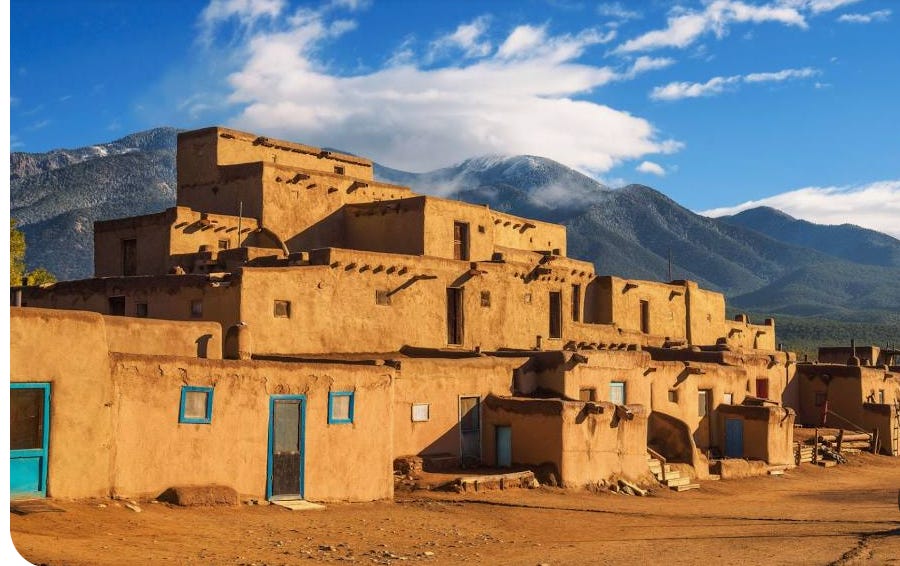

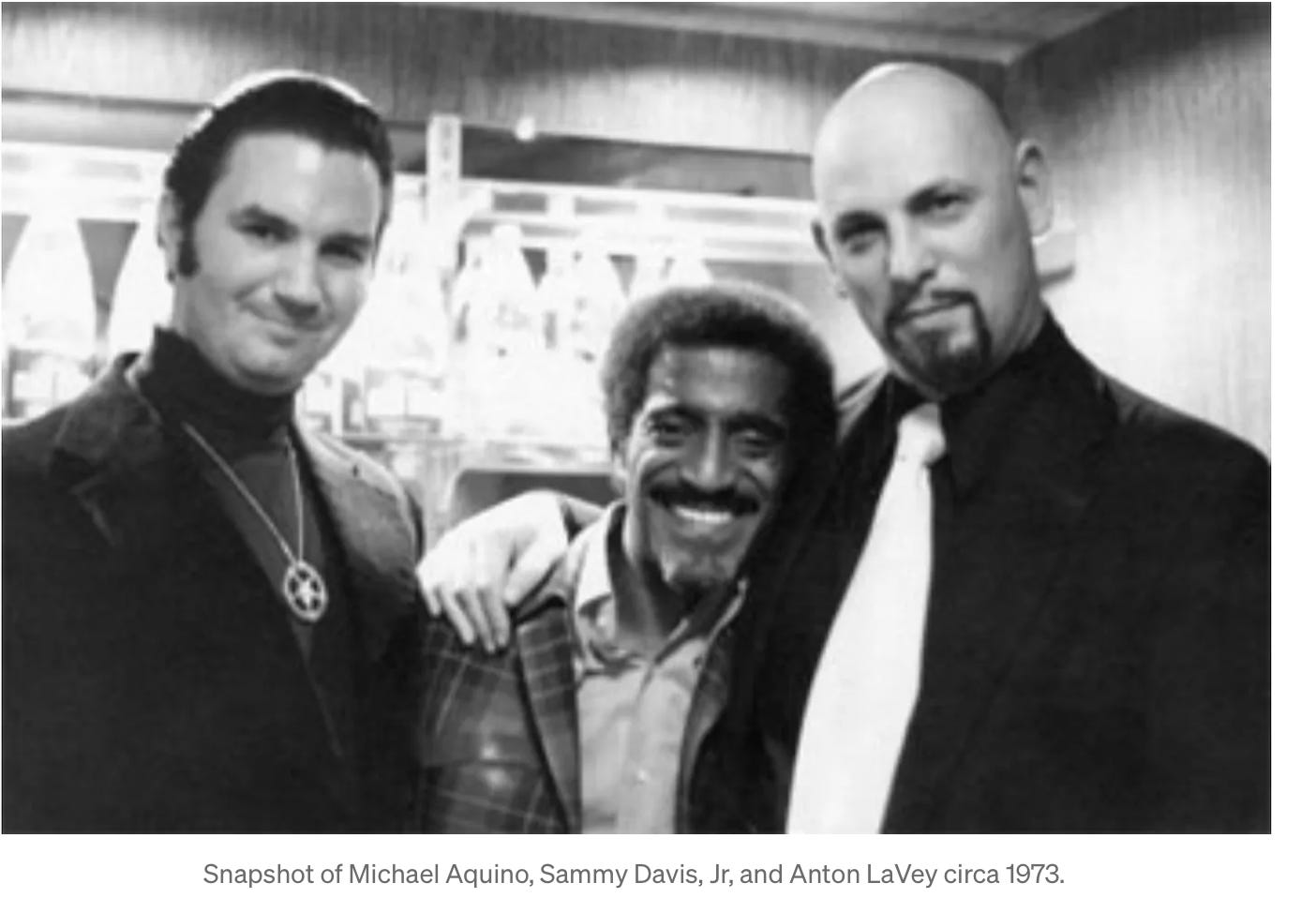
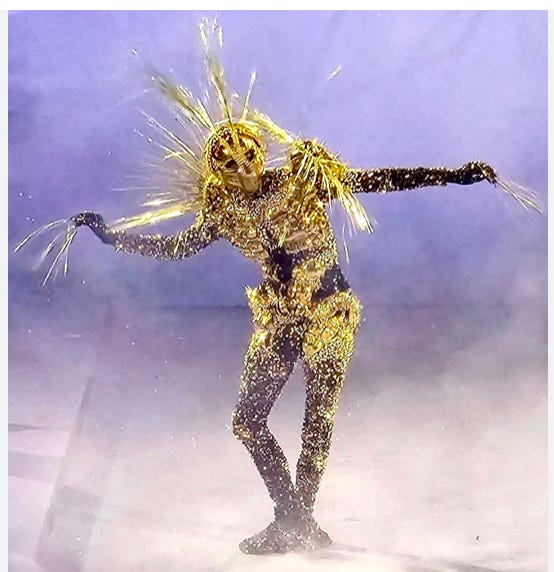
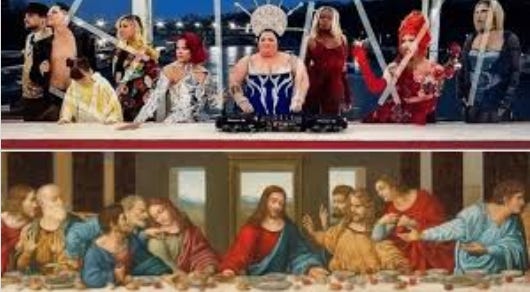
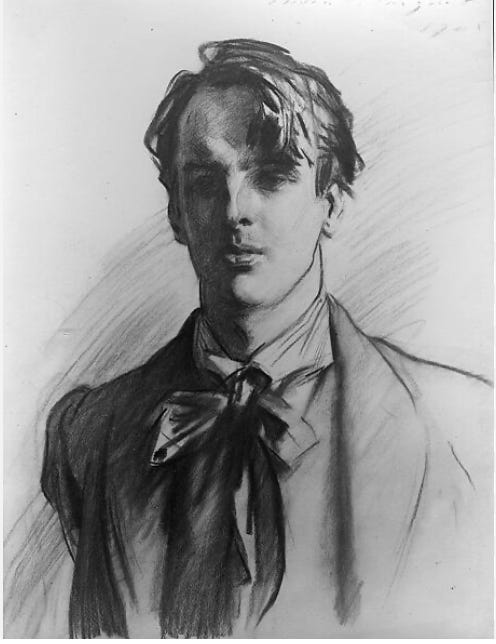
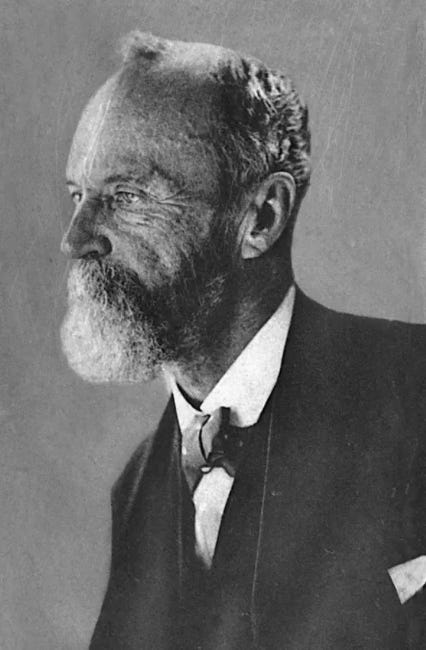
Naomi, your courage in tackling these subjects is commendable. I am a Christ-follower (I dropped the moniker Christian because there has been so much negativity around it). I follow Jeshua. I do not see him as a great "moral teacher" or prophet, but as the incarnate Son of God. C.S.Lewis argued thusly:
"I am trying here to prevent anyone saying the really foolish thing that people often say about Him: I’m ready to accept Jesus as a great moral teacher, but I don’t accept his claim to be God. That is the one thing we must not say. A man who was merely a man and said the sort of things Jesus said would not be a great moral teacher. He would either be a lunatic — on the level with the man who says he is a poached egg — or else he would be the Devil of Hell. You must make your choice. Either this man was, and is, the Son of God, or else a madman or something worse. You can shut him up for a fool, you can spit at him and kill him as a demon or you can fall at his feet and call him Lord and God, but let us not come with any patronizing nonsense about his being a great human teacher. He has not left that open to us. He did not intend to."
CS Lewis, Mere Christianity
Thanks for sharing your thoughts so honestly and so courageously. I'm sorry that it requires courage to share honest questions and sincerely-held, if tentative, beliefs. But unfortunately, that's where we are.
I'm a Christian, with years of in-depth study in various relevant disciplines behind me. Although I agree with the spirit of your approach, I believe that I have a fundamental difference in belief from where you appear to be going. But Lord have mercy, why would I be offended?
It's a rhetorical question. We all know that your concern on that score is well-founded. But I want to at least be one voice, one person who doesn't see things quite the way you do, and yet who still appreciates your obvious sincerity and desire to share your discoveries. And who will be glad to read what you have to say, and be neither offended nor afraid. I hope and I trust that I'm not alone in this. So be encouraged on that score.